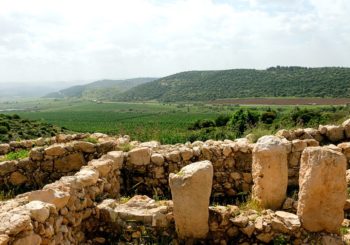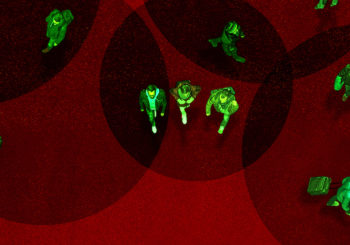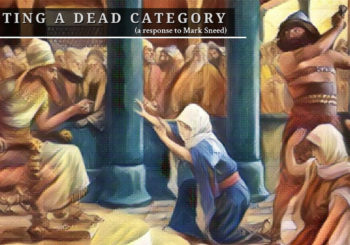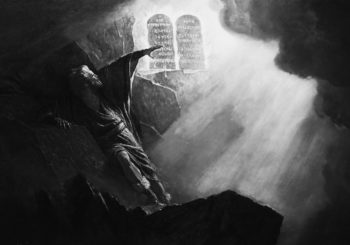The Intellectual Adventure of Ancient Man
“[Israel was] without peer in the power and scope of their critical intellectualism.”
Henri Frankfort
How it Connects with Hebraic Thought

This wide-ranging set of essays explores the philosophical worlds of the Israelites, Egyptians, and Mesopotamians side by side. Though often unknown to many biblical scholars, these ancient Near Eastern scholars at the University of Chicago were celebrating the “critical intellectualism” of the Hebrew Bible as early as 1946. These scholars propose that Israel’s intellectual tradition was rivaled only by the later Greeks and Romans, and though this conclusion is debatable, it is often overlooked and unnoticed by other scholars of the Hebrew texts. Though their theories as to why this is so may be debated today, their conclusions remain remarkable and often unnoticed by many who study these Hebrew texts.
Description
To people in ancient times the phenomenal world was teeming with life; the thunderclap, the sudden shadow, the unknown and eerie clearing in the wood, all were living things. This unabridged edition traces the fascinating history of thought from the pre-scientific, personal concept of a “humanized” world to the achievement of detached intellectual reasoning.
The authors describe and analyze the spiritual life of three ancient civilizations: the Egyptians, whose thinking was profoundly influenced by the daily rebirth of the sun and the annual rebirth of the Nile; the Mesopotamians, who believed the stars, moon, and stones were all citizens of a cosmic state; and the Hebrews, who transcended prevailing mythopoeic thought with their cosmogony of the will of God. In the concluding chapter the Frankforts show that the Greeks, with their intellectual courage, were the first culture to discover a realm of speculative thought in which myth was overcome.
Authors
Henri Frankfort, H. A. Frankfort, John A. Wilson, Thorkild Jacobsen, and William A. Irwin




